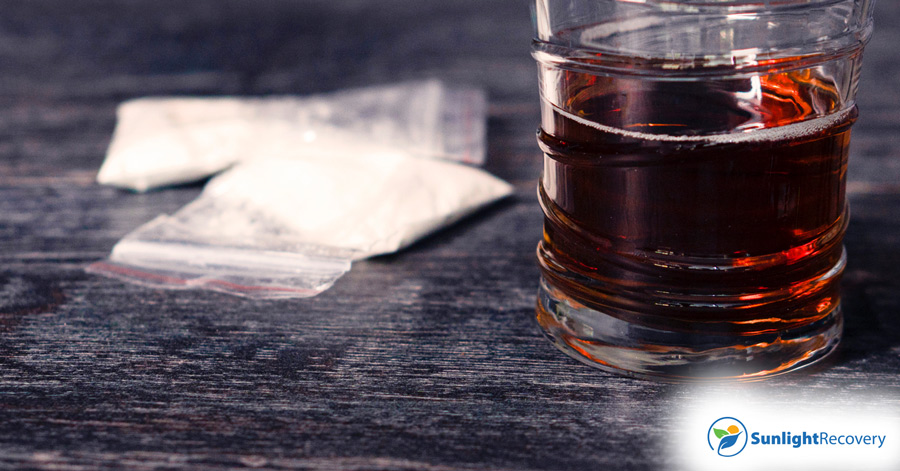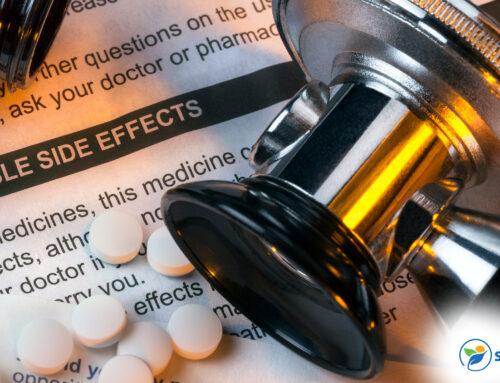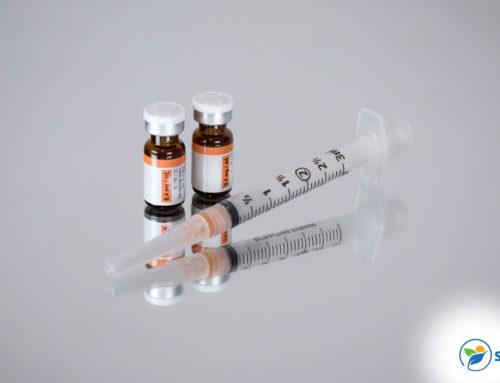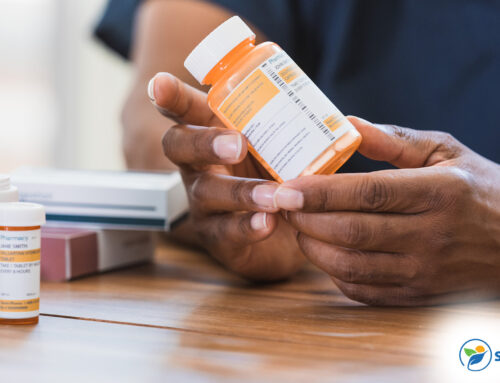Cocaine and alcohol are substances that come with serious potential side effects. These include addiction, long-term psychological disorders, numerous chronic conditions and even death. While both substances are dangerous enough on their own, cocaine and alcohol effects are magnified when someone mixes the two substances together. Mixing alcohol and cocaine is something often done by people who are suffering from a range of addiction issues. Fortunately, if you’re mixing cocaine and alcohol, you can get the help you need.
What Are the Effects of Cocaine?
Cocaine is a stimulant and one of the more powerful illegal drugs. It typically comes in a white, powdery form and is often combined with other drugs, such as heroin. The drug is usually snorted, but it’s sometimes dissolved into water or injected.
Because it’s a stimulant, individuals who take cocaine often report feelings of euphoria and energy. Other short-term impacts include:
- Increased restlessness and talking. Those under the influence of cocaine are often described as being in a manic state.
- Reduced need for sleep or food.
- Increased heart rate and blood pressure.
Cocaine highs are often associated with various psychological issues, including increased anxiety, paranoia and panic.
Like many other illicit substances, cocaine is highly addictive. Unfortunately, it can also cause an overdose or death: In 2020, the latest year for which statistics are available, 19,447 people died of an overdose involving cocaine.
What Are the Intended Side Effects of Alcohol?
Alcohol, in some ways, has the reverse effects of cocaine: It acts as a nerve depressant. Alcohol is considered a depressant because it slows the communication between your brain, nerves and the rest of your body. This depressive effect is responsible for many of the effects someone feels when drinking.
Alcohol comes in many forms, including beer, cider, wine and spirits. Unlike cocaine, alcohol can be safely taken in lower doses, and many studies have found a variety of health benefits in doing so. Of course, an individual can also drink too much and experience side effects including:
- Physical impacts, such as lack of coordination, nausea, vomiting and a hangover
- Emotional impacts, including euphoric feelings, emotional changes or feelings of relaxation
- Social impacts such as a loss of inhibitions, extreme talkativeness and a lack of judgment
When someone drinks too much, they can become intoxicated. Being drunk is associated with a variety of physical, emotional and psychological challenges. Furthermore, alcohol is one of the most addictive substances on the market today. Alcohol addiction is highly dangerous: More than 140,000 people die each year due to alcohol abuse.
What Are People Chasing When They Mix Cocaine and Alcohol?
There are many reasons why a person may mix cocaine and alcohol. It’s often done in a social setting, thus adding a social dimension to the action. Additionally, an individual may use one substance to balance the negative effects of the other. Some may use cocaine to avoid getting as sleepy, sluggish or blacking out when drinking alcohol. Conversely, a person may take alcohol when high on cocaine to reduce their energy level.
On the other hand, some people take alcohol and cocaine together in the hopes of enhancing the effects of each substance. They do so under the mistaken belief that the two can work together and strengthen the positive effects of each one. This erroneous way of thinking is a common reason for mixing cocaine and alcohol in a social setting.
Some people use cocaine and alcohol together in an effort to avoid coping with psychological struggles or in an attempt to escape negative experiences. Indeed, psychological trauma is a common cause of substance use. Fortunately, in many cases, treating the underlying trauma can help a person learn to manage their addictions.
Finally, some individuals aren’t consciously chasing any feelings. The use of cocaine and alcohol are both associated with a loss of inhibitions and judgment. As such, people may not even realize what they’re doing when they take alcohol and cocaine together. This can have extremely dangerous consequences, as a person may take more of the substances than they intended, heightening the possibility of an overdose.
What Are the Risks of Mixing Cocaine and Alcohol?
There are many serious risks associated with mixing cocaine and alcohol. Unfortunately, this is a relatively common issue, as many individuals dealing with cocaine addiction also suffer from alcoholism. Furthermore, cocaine and alcohol are both used in a variety of social settings. This makes it far too easy for an individual to use both drugs simultaneously.
Mixing cocaine and alcohol can cause numerous physical effects, including slowed breathing, faster heart rate and higher blood pressure. Taking cocaine and alcohol at the same time can increase these negative effects and endanger the health of a person who’s mixing the substances.
When someone uses both drugs simultaneously, their body produces a substance called cocaethylene, which causes a more intense high and creates a longer-lasting effect from the drugs. This toxic chemical stays in the body for an extended period, so it’s hard to purge your system of cocaethylene. Its presence also makes it easier to become addicted to both alcohol and cocaine.
If there’s any good news about the production of cocaethylene, it’s that its presence in the bloodstream is detectable. This can alert doctors that an individual may be suffering from an addiction to cocaine and alcohol, allowing them to help a person find the assistance they need.
It May Be Time to Seek Help
If you frequently mix cocaine and alcohol or worry that you’re abusing either substance, it may be time to seek help. Fortunately, at Sunlight Recovery, we offer a wide range of treatments. This includes treatment for cocaine or alcohol addiction. If you or a loved one needs assistance in overcoming an addiction, contact us today to learn more about how Sunlight Recovery can help you get your life back.






